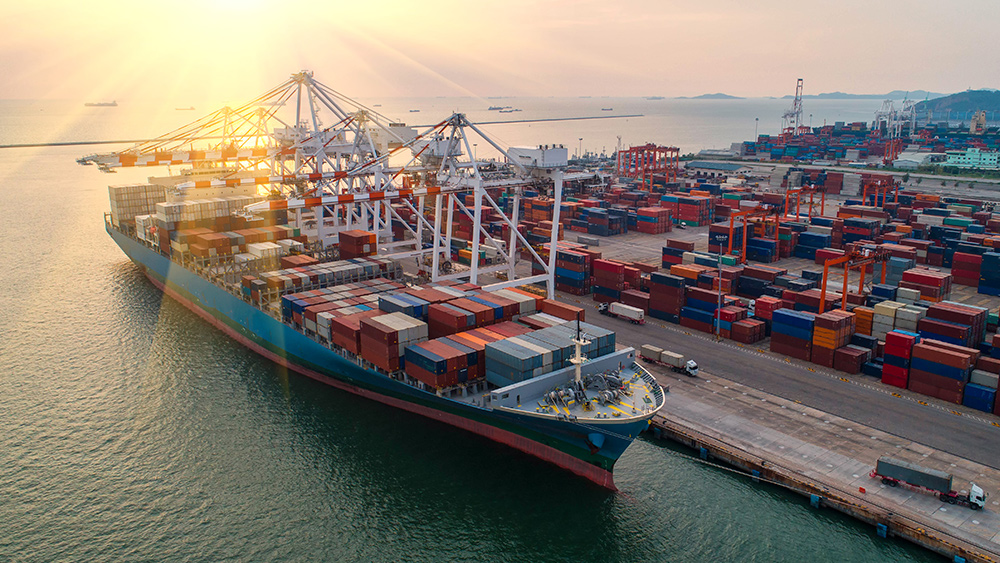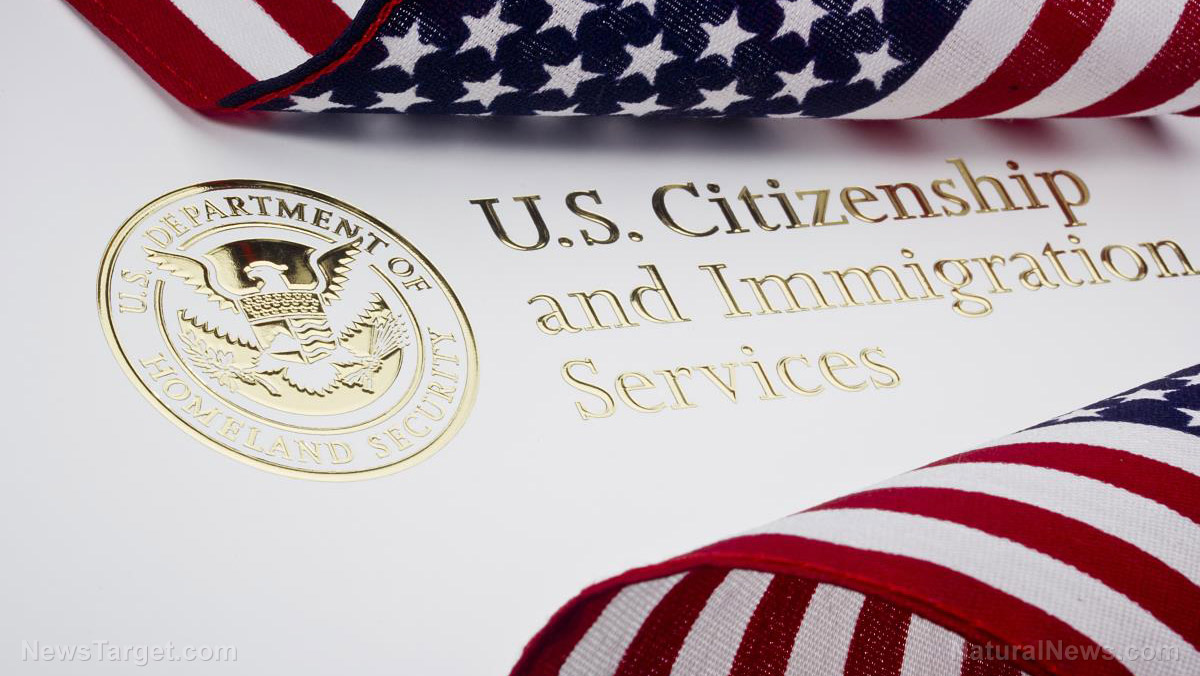
- President Donald Trump announced a steep 104 percent tariff on all Chinese imports after China refused to reverse its own tariffs on U.S. goods, compounding earlier hikes. The total effective tariff burden on Chinese goods surged from 20.8 percent to nearly 125 percent.
- The latest hike includes a 34 percent reciprocal tariff plus a 50 percent increase in response to China's refusal to back down on its 34 percent tariff on American goods. China had already imposed 15-10 percent tariffs on U.S. LNG, coal, crude oil and farm equipment in February.
- China retaliated further by restricting exports of gallium, germanium, tungsten and other key minerals, some effective immediately, others (like gallium/germanium) by Aug. 1, threatening global tech supply chains.
- Trump also tripled tariffs on Chinese goods under $800, ending duty−free privileges under the "deminimis" rule. Starting May 2, Chinese e−commerce packages (from Shein, Temu and AliExpress) will face $25 to $50 increase per item.
- The White House framed the move as retaliation for China's "mistreatment of American workers," vowing not to back down. Analysts warn escalating tariffs could disrupt trade further, with no immediate deal in sight.
Trump triples tariff on Chinese goods under $800
Aside from the additional reciprocal tariffs, Trump also signed an executive order a few days earlier, closing a trade loophole that has allowed billions of dollars worth of low-value packages from China and Hong Kong to enter the United States duty-free. The move, which takes effect at 12:01 a.m. ET on May 2, tripled tariffs on Chinese goods valued under $800. This eliminates so-called "de minimis" privileges for Chinese and Hong Kong shipments sent outside the international postal network. This means that packages entering through the postal system will face a steep duty rate of 30 percent of the item's value or $25 per item, rising to $50 per item after June 1. The "de minimis" rule, which exempts low-value imports from tariffs, has fueled a surge in direct-to-consumer e-commerce shipments from China, with nearly $1.4 billion packages entering the U.S. duty-free last year. More than 60 percent of these parcels originated in China, dominated by ultra-fast-fashion retailer Shein, e-commerce giant Temu and AliExpress, which have thrived under the loophole. Trump initially moved to revoke the exemption in February but paused the order due to logistical challenges in inspecting the flood of small packages. Head over to Trump.news for related news. Trump should put the tariffs on immediately, expert says. Watch this video.More related stories:
Trump stands firm on tariffs: Mexico, Canada and China face new trade measures over fentanyl crisis.
China STRIKES BACK, imposes retaliatory tariffs on U.S. goods as trade tensions escalate.
Trump's tariff threat on Taiwan's semiconductors sends shockwaves through global tech industry.
London gold market faces shortage and prices soar as Trump tariff fears spark U.S. stockpiling.
Trump's tariff gamble: A bold move to secure borders or a risky blow to North American trade?
Sources include:
YourNews.com CNN.com CNBC.com Reuters.comDairy firm RECALLS butter over potential fecal bacteria contamination
By Ramon Tomey // Share
Global maritime carbon tax sparks debate over economic freedom and climate ambition
By Willow Tohi // Share
Trump administration wins court approval for sweeping immigrant registration rule
By Laura Harris // Share
Nvidia’s $500B U.S. AI bet counters China trade threats, fuels Trump’s jobs push
By Cassie B. // Share
US asset exodus accelerates as dollar declines amid historic debt crisis and federal recklessness
By Lance D Johnson // Share
Surge in KIDNEY FAILURES linked to common medications
By bellecarter // Share
David Hogg's anti-gun group misfires and collapses…
By newseditors // Share
Life expectancy in Gaza halved during first year of war, Lancet study finds
By isabelle // Share
Federal immigration officials to screen social media for antisemitism posts
By lauraharris // Share
Trump moves to cut federal funding for "death trap" sanctuary cities
By avagrace // Share











